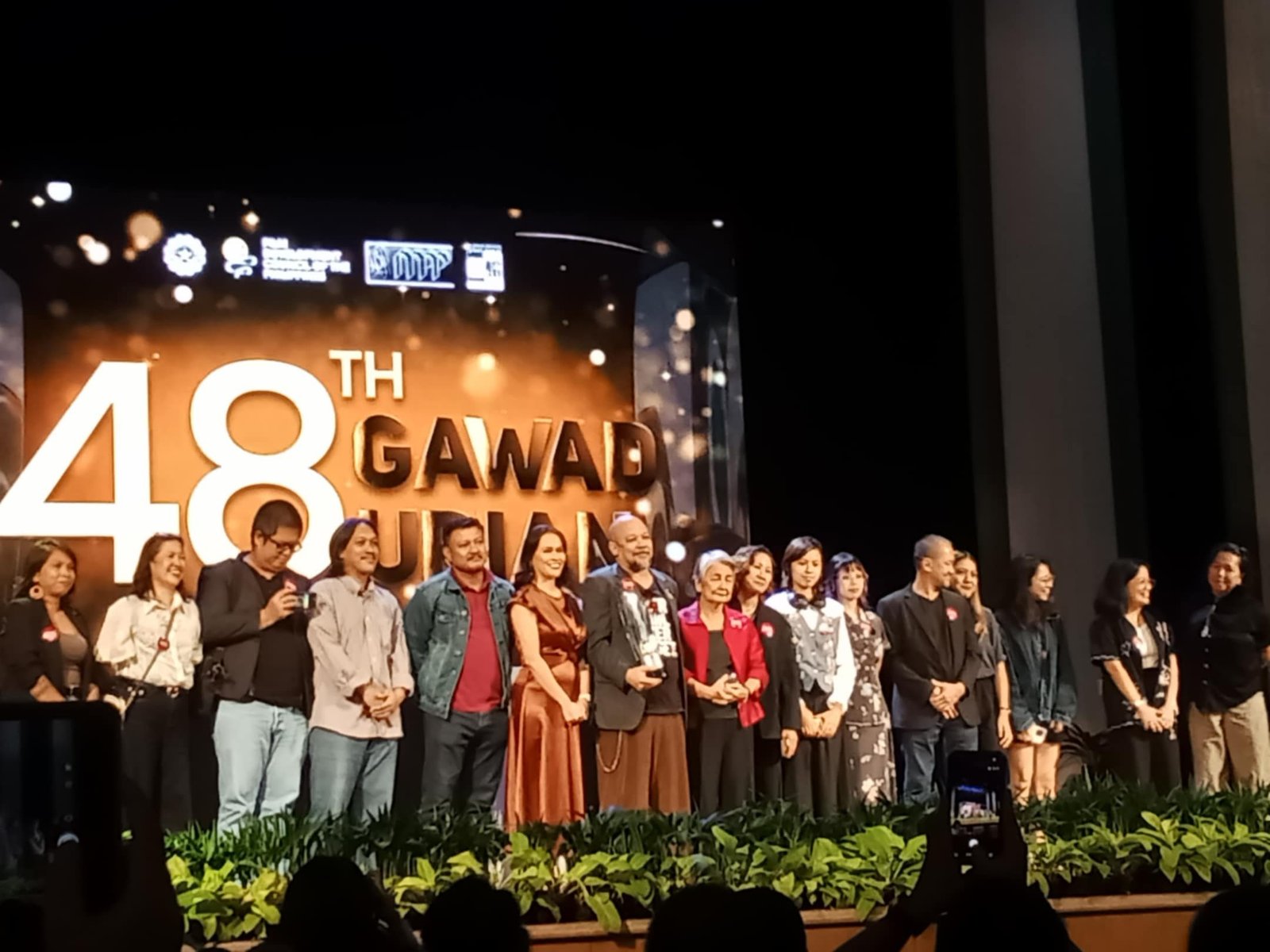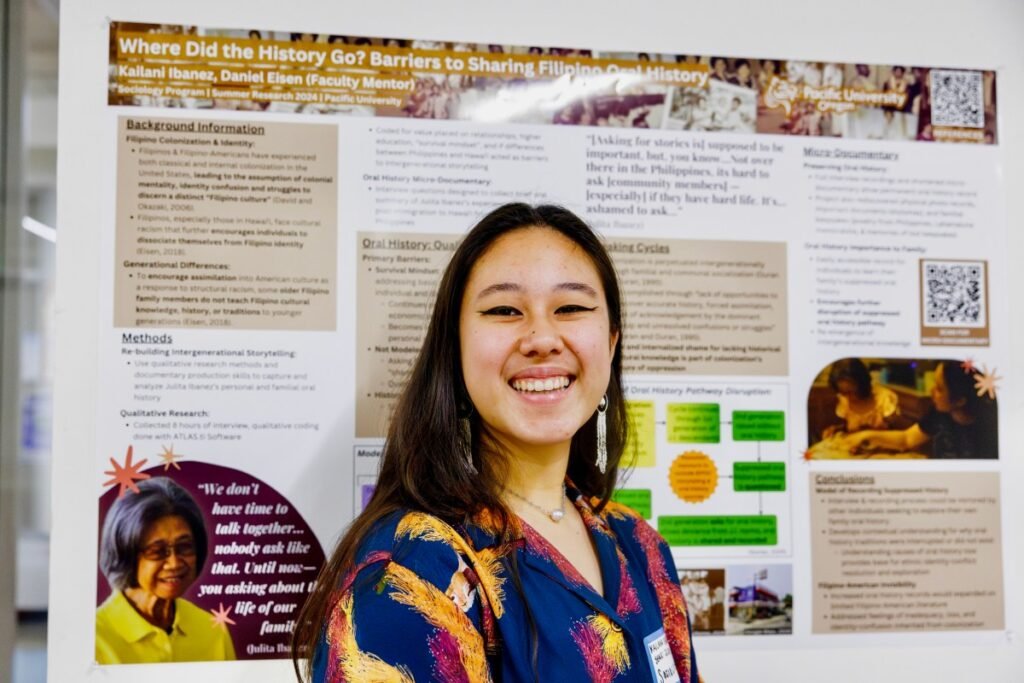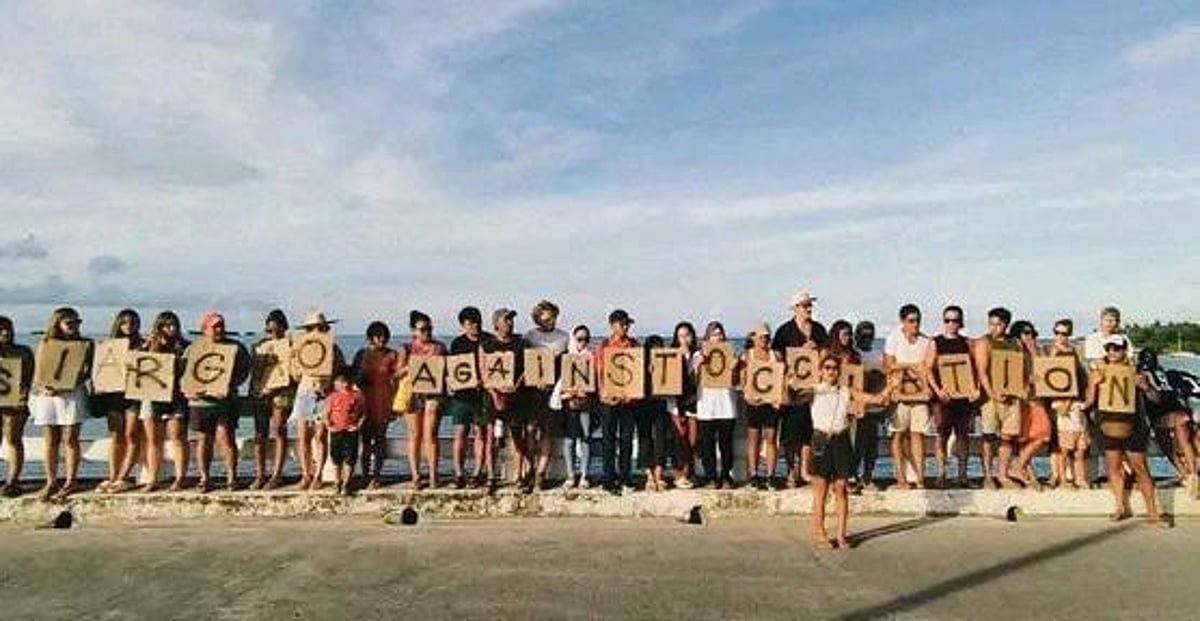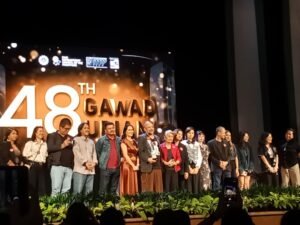Ibanez spent the last two summers researching how stories carry between generations

Here at Pacific University, every undergraduate has the opportunity to apply for a summer research project. Students can either collaborate with a professor or self direct their own research over the summer, choosing project topics that are limited only by the students’ own creativity. It’s the chance to reach for the stars and obtain information that perhaps nobody had thought to search for before.
One student, junior Kailani Ibanez, has dedicated her last two summers to this research program, traveling to various conferences to present her findings. Specifically, she has researched the oral history of Filipino-Americans within her home community of Maui, Hawai’i. She summarizes a goal of her research as, “looking at ways that oral history gets transmitted and how it aligns with social justice practices and storytelling.”
The stories told by each person reveal more than just the story itself, but also where their priorities lie. Her first year of research was mainly used to gather stories from her grandmother to gain a better grasp of how familial and community stories are—or aren’t—passed down. Immigration heavily affects the way stories are told, as factors including Americanization and racism may cause a story to be lost entirely. Ibanez’s second year of research taught her how to be flexible and understand methodology, but also to grasp the impact social justice centered oral history can have for marginalized communities, such as Filipino-Americans.
When something tragic happens in a community, it can make it hard to talk about certain things with people. “The thing with this type of research is you really have to be careful with sensitive topics,” Ibanez explained. She struggled with questions like, “is conducting my research really the most helpful to [a participant] who’s grieving?”
When interviewing about a sensitive topic, location and method can mean everything. “I let them choose where to have these conversations, since I want them to be the most comfortable.” Ibanez adds how every person she talks to is reminded of their choice to end the conversation at any point.
The way Ibanez conducts and analyzes her interviews can be broken down into a few simple questions. First, what are the stories they’re telling? What stories aren’t they telling? Talking with multiple people about the same story sometimes brings in conflicting stories, which can complicate how they are passed down. Then, how exactly are they getting translated between generations? Are the elders telling the children stories, or is it a playful conversation between cousins? “It’s essentially a community game of telephone,” Ibanez jokes.
Ibanez adds how her family’s native language, Ilocano, was not passed down to her parents. She explains that while her grandparents may have spoken it to each other, after immigrating to the United States they mostly spoke English to their children since that was what was being taught in school. This sadly means that their children didn’t gain a full understanding of their native language growing up. “In only two generations, the language was completely lost,” she says.
“Academia is not the only form of knowledge,” Ibanez states. “Recognizing strong lineages of cultural wisdom and experience is just as important.” Ibanez also notes how many STEM-related research projects were present at meetings regarding the summer research projects. “A lot of our arts, social sciences and humanities students don’t realize that it’s open for them too,” Ibanez said. “It is so important that undergrads know that summer research projects are not just limited to STEM majors.”











